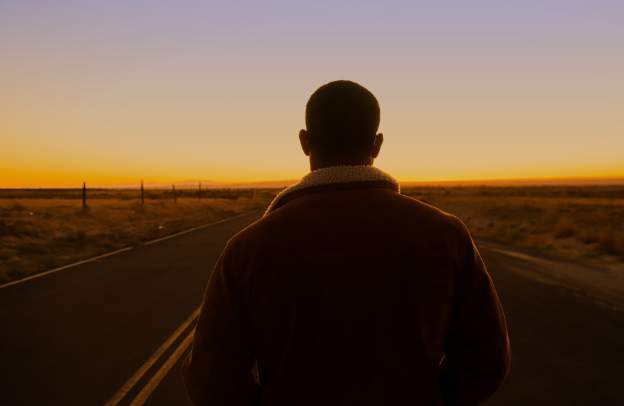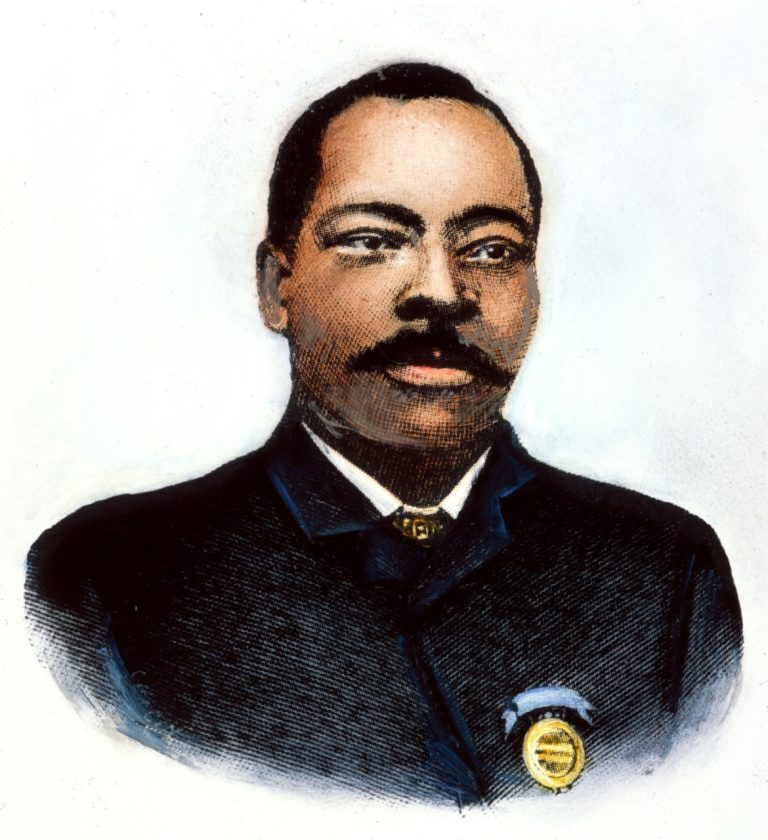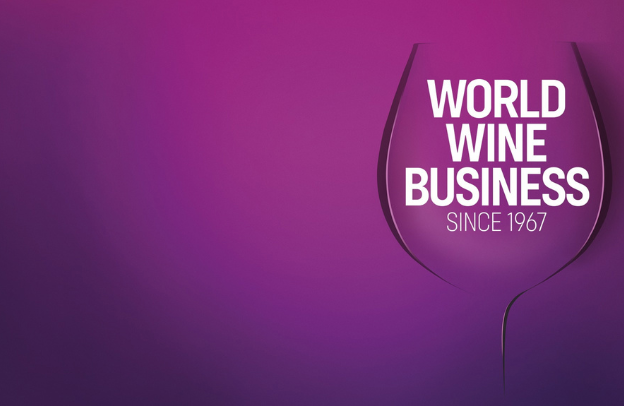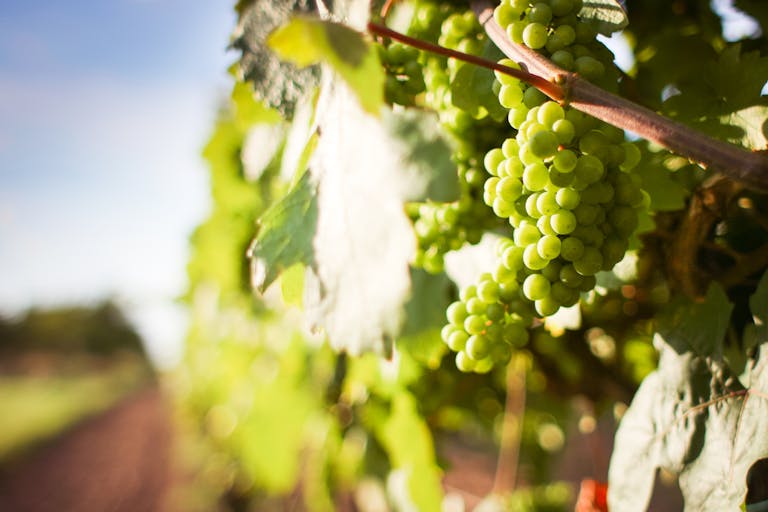The Power of Indigenous Knowledge Systems in Global Cooperation

Have you ever wondered how your ancestors lived in harmony with nature without modern technology? How did they predict the weather, manage crops, and maintain their health long before the big multinational pharmaceuticals and machinery? And why, despite their wisdom, has so much of this knowledge been lost or dismissed?
Learn How to Leverage Your Story through our Story to Asset Framework.
In an age where the world is grappling with climate change, biodiversity loss, and health crises, there’s an urgent need to tap into the rich knowledge our ancestors left behind.
At AClasses Academy and the Obehi Podcast, we are deeply passionate about exploring and preserving Indigenous Knowledge Systems. Through in-depth interviews with professionals and scholars from around the world, we strive to highlight the importance and richness of these traditions.
The question is no longer just about survival—it’s about thriving through understanding and embracing Indigenous Knowledge Systems (IKS).
Indigenous Knowledge Systems are an invaluable body of wisdom passed down through generations, rooted in the deep connection between people and nature. They are not just relics of the past; they are powerful tools that can offer sustainable solutions for the present and the future.
For the African diaspora, reconnecting with these systems is not just about reclaiming lost knowledge, but also about finding a way to preserve and adapt this heritage for future generations.
What Are Indigenous Knowledge Systems?
Indigenous Knowledge Systems (IKS) are a comprehensive set of beliefs, practices, and ways of knowing about the world. They encompass everything from ecological management to health care, spiritual beliefs, and governance systems.
See also Exploring the Igue Festival: A Sacred Celebration of Thanksgiving and Renewal in Benin, Nigeria
In Africa, IKS has been passed down through oral traditions, storytelling, and rituals, shaping the relationship between communities and the environment. These systems are not just practical—they are also philosophical, offering profound insights into the interconnectedness of all life forms.
One day, we had the privilege of interviewing Professor Oluwafemi Esan, a professor of transpersonal psychology in the UK. During our conversation, he shared a fundamental insight into Ifa Theology and African Spirituality.
According to Ifa’s understanding of life, when a child is born, the elders in Yoruba communities who follow the Ifa tradition gather on the child’s eighth day to consult an oracle and determine the child’s destiny within the community.
Here is the full episode to learn more: Understanding Ifa Theology And African Spirituality With Professor Oluwafemi Esan
Further research revealed that this practice is common across various African communities, even beyond the West Africa region where Ifa is practiced. It’s important not to underestimate the profound significance of this simple yet powerful tradition within the African Indigenous Knowledge Systems.
One key principle of IKS is the idea of ubuntu, a Southern African philosophy that holds that “I am because we are.”
This philosophy emphasizes community, mutual respect, and collective well-being, principles that have guided the survival and resilience of African communities for centuries. IKS teaches that every individual is part of a larger whole, and the health of the community depends on the health of the land, animals, and plants.
As the world faces ecological crises and growing inequality, IKS offers a much-needed alternative to the Western, industrial, and individualistic approach to development, which often prioritizes the overexploitation of natural resources.
Why IKS Matter Now
You might be wondering why these ancient practices matter in today’s world, especially in the context of modern science and technology. The answer lies in the recognition that the problems we face—climate change, biodiversity loss, and pandemics—require diverse solutions.
IKS is integral to addressing these challenges because it offers holistic, community-based approaches to sustainability.
See also Sustainable Ag is Great, but Maybe It’s Time for Us to Regenerate?
For instance, Indigenous communities have long practiced sustainable farming techniques that preserve the soil, conserve water, and maintain biodiversity. These techniques, such as crop rotation, agroforestry, and the use of local seeds, have proven to be far more sustainable than industrial agriculture, which often relies on harmful chemicals and monocropping.
In Africa, these practices have helped communities thrive in some of the harshest climates for centuries.
IKS also offers profound insights into health and medicine. In many African communities, healing practices are rooted in a deep knowledge of plants and herbs. According to a study by the World Health Organization (WHO), up to 80% of people in developing countries rely on traditional medicine, most of which is derived from Indigenous knowledge.
These systems prioritize prevention, holistic healing, and spiritual well-being—concepts that are often overlooked by Western medical practices.
More broadly, IKS offers a framework for living in harmony with nature. Their emphasis on reciprocity, respect, and stewardship aligns with the goals of sustainable development, making them indispensable in the fight against climate change.
The UN’s Convention on Biological Diversity (CBD) and the Paris Agreement on climate change have both acknowledged the critical role of IKS in biodiversity conservation and climate adaptation.
The Western Dominance and the Marginalization of IKS
For centuries, Indigenous Knowledge Systems were dismissed as primitive or unscientific by Western colonial powers. The expansion of European empires and the rise of Western science and industrialism led to the marginalization of Indigenous knowledge, which was often seen as incompatible with modern progress.
This narrative persists today, with Western science dominating global knowledge production and relegating IKS to the margins.
This historical erasure was not just a matter of cultural bias—it had real consequences for Indigenous communities.
In Africa, colonial powers often disregarded or outrightly destroyed local knowledge systems, imposing Western ways of thinking and governance. The legacy of this disruption is still felt today, as many Indigenous practices have been forgotten or deliberately excluded from educational curricula.
See also Uromi: Embracing Ancient African Wisdom to Confront Modern Challenges
However, times are changing. There is a growing recognition of the value of IKS, not only for preserving cultural heritage but also for addressing global challenges.
Initiatives like the UN’s Indigenous Peoples’ Biodiversity Plan and Health Earth, Healthy People emphasize the importance of integrating Indigenous knowledge into modern governance and scientific research. Yet, for this to happen, there must be a shift in how knowledge is valued and exchanged.
Building Bridges Between Knowledge Systems
While Western science has been dominant, there are increasing efforts to bridge the gap between IKS and modern scientific approaches. One notable example is the integration of traditional medicine with conventional healthcare in Africa.
In South Africa, traditional healers have been working alongside medical professionals to provide holistic care that combines the best of both worlds.
Similarly, in Kenya, traditional ecological knowledge is being used to complement modern agricultural practices, helping farmers adapt to the challenges posed by climate change.
These examples highlight the potential for mutual benefit when knowledge systems interact. The key to successful integration is respect—respect for the validity of IKS and recognition of their cultural and historical significance.
This requires an openness to learning from Indigenous communities and a willingness to challenge the Western-centric view of knowledge.
The African diaspora has a crucial role to play in this process and that is why we are writing this series of articles on AClasses Academy.
By reconnecting with their Indigenous roots, the African diaspora can contribute to the revitalization of IKS and help bridge the gap between traditional and modern knowledge.
Storytelling, a key component of IKS, is one powerful way to pass on this knowledge to younger generations. By sharing stories, music, and rituals, the African diaspora can preserve their cultural heritage and ensure that it continues to inform future generations.
The African Diaspora’s Role in Revitalizing IKS
Take, for example, The African Diaspora Storytelling Series, a LinkedIn Live event dedicated to empowering individuals of African descent through the art of storytelling.
Inspired by The Storytelling Mastery, a five-part book series by Obehi Ewanfoh, this Live event offers a platform for participants to share their personal stories, highlighting their unique experiences, challenges, and achievements.
This is just one of the many ways the African Diaspora is helping to promote Indigenous Knowledge Systems (IKS) and shaping the future of our narratives.
As a member of the African diaspora, you are in a unique position to play a pivotal role in reconnecting with Indigenous knowledge.
Whether through researching your ancestral roots, engaging with local Indigenous communities, or supporting initiatives that promote the integration of IKS into modern governance and education systems, you can help ensure that this valuable heritage is preserved and adapted for future generations.
One way to start is by learning about traditional practices in your region of origin—whether it’s the use of indigenous crops, local health remedies, or spiritual practices.
Many African communities are now creating spaces to share this knowledge with the younger generation, ensuring that IKS is passed on and adapted to contemporary needs.
Moreover, the African diaspora can use its global position to advocate for the inclusion of IKS in international policy discussions, particularly in areas like climate change, health, and biodiversity.
You might also like The Power Of Oral Narration For African Diaspora – The African Diaspora Storytelling Series
By doing so, you can help to ensure that IKS is no longer seen as an afterthought but as an integral part of global solutions.
Conclusion: A Future of Knowledge Cooperation
Remember this, the future of our planet depends on the cooperation of diverse knowledge systems. Western science and Indigenous knowledge are not mutually exclusive—they can complement one another, creating more comprehensive solutions to the challenges we face.
By reconnecting with Indigenous Knowledge Systems, the African diaspora has the opportunity to play a leading role in this global movement. Your heritage is not just a relic of the past; it is a living, breathing source of wisdom that can help us build a more sustainable, just, and harmonious world.
The future is not just in the hands of modern science but in the hands of those who are willing to embrace and honor the knowledge that has been passed down through generations.
Learn How to Leverage Your Story through our Story to Asset Framework.





